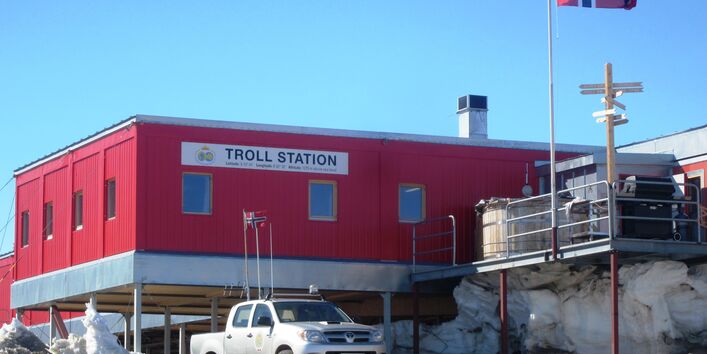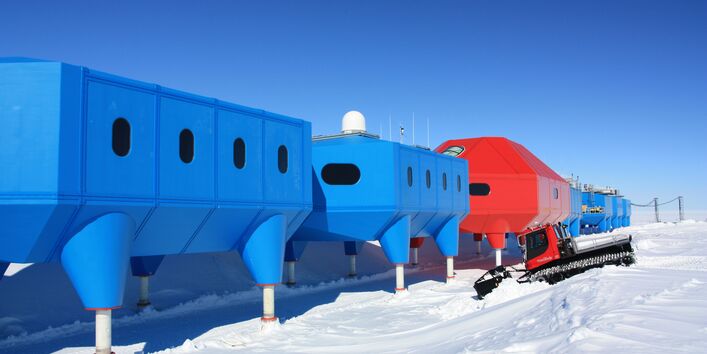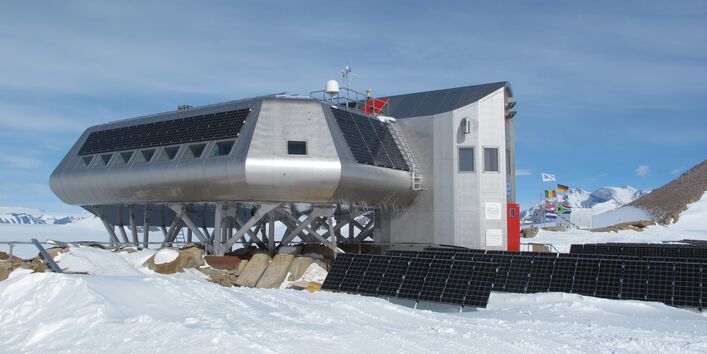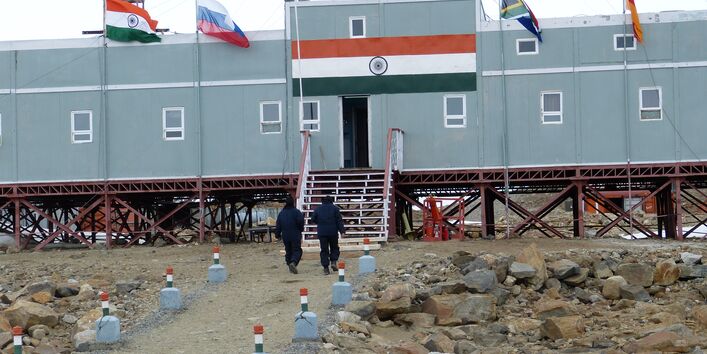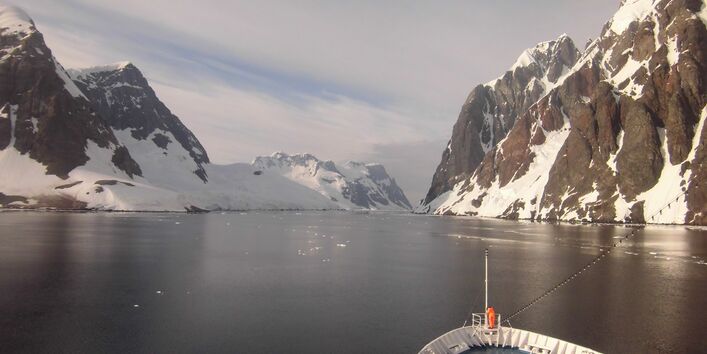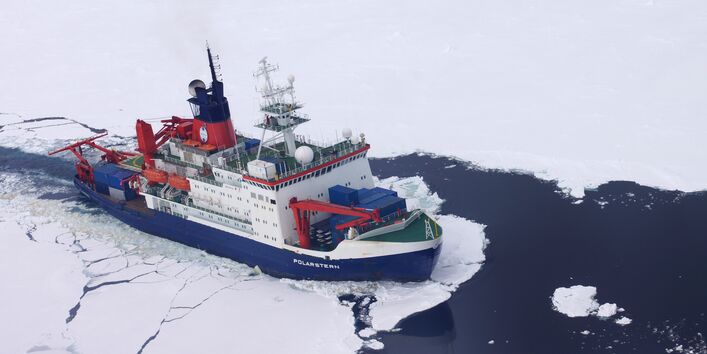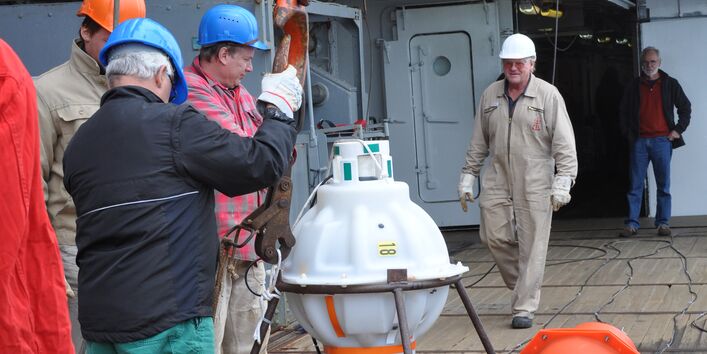Inspections under the Antarctic Treaty
In January 2013, after a 14-year interval, Germany conducted an inspection in Antarctica.
Germany's partner in the latest inspection was South Africa, with whom the Alfred Wegener Institute Helmholtz Centrum for Polar and Marine Research (AWI) has engaged in successful cooperation in Antarctic research for many years. The AWI provided the logistics necessary for the inspection. Article 7 of the Antarctic Treaty and Article 14 of the Protocol on Environmental Protection to the Antarctic Treaty (Environmental Protocol) provide the legal basis for such an inspection.
This German-South African inspection of the Antarctic was headed by the Federal Foreign Office and the Director of the South African Antarctic Programme. The purpose of this inspection was to check the compliance with the regulations of the Antarctic Treaty and the Environmental Protocol. Stops on the inspection tour were mainly at research stations. The outcomes of the inspection were documented in an inspection report which also included proposals for optimisation measures as necessary. The purpose of the inspection is to promote the protection of the Antarctic environment and its dependent and associated ecosystems and to ensure compliance with the Environmental Protocol. Thus, an UBA staff member served as a delegate to perceive the environmental interests.
Inspected stations
Inspections took place at four stations in Dronning Maud Land (East Antarctica): Troll (Norway), Halley VI (Great Britain), Princess Elisabeth (Belgium) and Maitri (India).
All of the team's inspections were based on the checklist specifically drew up for that purpose by the Parties to the Antarctic Treaty. The report which the inspection team subsequently draws up outlines the conditions at the bases and makes recommendations for their optimisation as concerns environmental protection, research and logistics. The Parties concerned by inspections were given the opportunity to submit comments before the inspection report was introduced and published at the ATCM in May 2013.
On the whole the inspection was considered a success. The stations inspected in East Antarctica have widely varying (environmental) standards as do their state of maintenance and scope of scientific activities. All the stations proved to have deficits in terms of environmental protection and corresponding recommendations for improvement were issued. No serious violation of the Antarctic Treaty or the Environmental Protocol was determined at any base. UBA hopes that the inspection will prompt implementation of the recommendations to eliminate detected deficits so that the environmental situation at the inspected stations – in so far as necessary – is further improved as envisioned by the Environmental Protocol. UBA is hopeful this aim can be achieved, based on the positive response to promises made during the XXXVI Antarctic Treaty Consultative Meeting (ATCM) in Brussels by the concerned contracting parties to make significant improvements in environmental protection.

